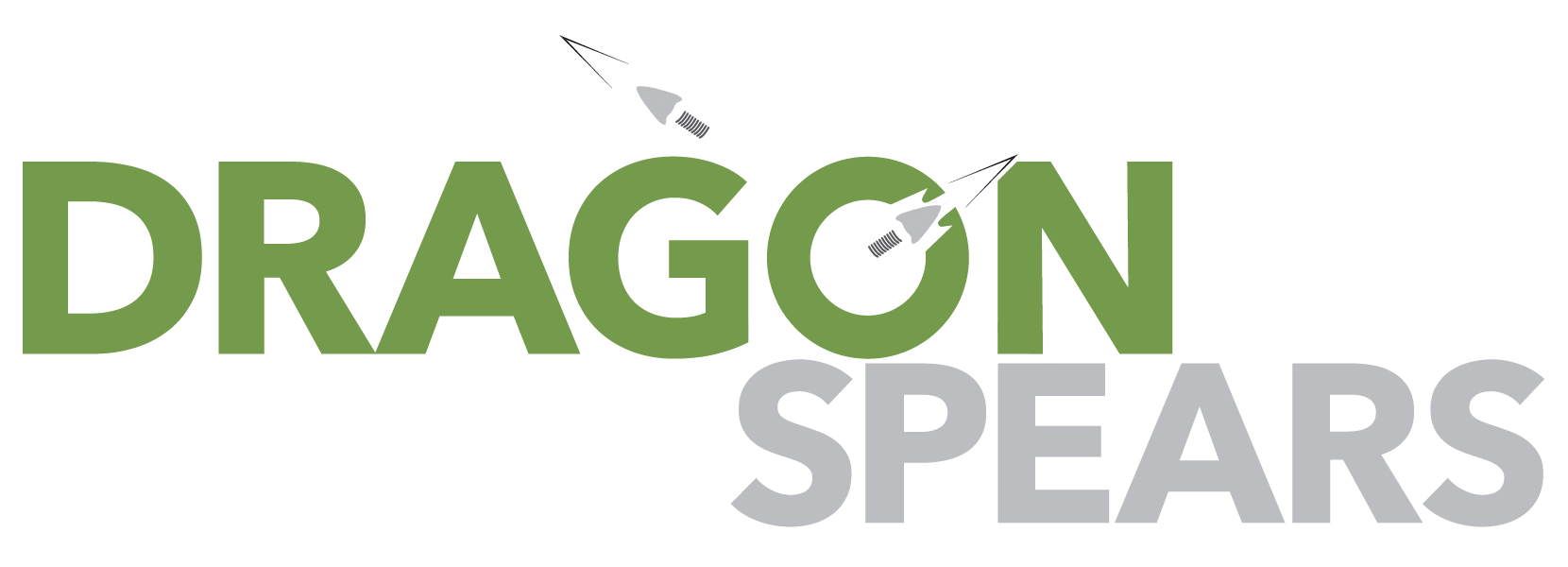
If you’ve considered shifting your team to a DevOps approach, you’ve probably realized that it’s not always a straightforward process. Change takes time and will almost always encounter resistance. Here are three steps successful IT Leaders take when transitioning large teams to a DevOps culture and mindset.
1. Have Clear Communication
Like implementing any new tool or process, a successful DevOps transformation starts with buy-in from your team members. To get that buy-in, you need to ensure that all team members have a clear understanding of what DevOps is (and isn’t), how it will improve their daily workflows, and the plan for implementation. Educating team members will get them excited about the end vision and address common fears upfront.
Having transparent communication channels is an ongoing necessity in DevOps. Some tools and strategies you can use to keep your team on the same page are:
- Daily standups
- Team-based slack channels
- Notifications from project management and code management tools.
Successful DevOps teams have regular and frequent communication, so everyone has clear visibility about what’s going on with all projects, agendas and objectives.
2. Use Tools to Implement DevOps Best Practices
Choosing the right tools to enable teams to be successful is crucial for implementing DevOps. Many tools can get you started, but it’s important not to let the number of choices paralyze decision making. Choose tools that support DevOps best practices, such as:
Test Automation
There is often a lack of existing knowledge and required infrastructure to support test automation, so putting it in place can seem daunting. One huge benefit is that it will deliver immediate value that is easily visible to teams and the organization as a whole.
Selenium is a great option for test automation for many DevOps teams. Getting started can be as easy as recording a Selenium test with their supported drivers. As the team builds experience within this area, they can improve the infrastructure to use other tools. For example, it’s very beneficial to use the robot framework to integrate test execution into CI/CD pipelines.
Continuous Integration/Continuous Delivery (CI/CD)
Automating your workflows for continuous integration and continuous delivery is another important part of DevOps. Ensuring the code is handled correctly via workflow automation allows you to improve your processes and focus on the work at hand. By using tools such as Jenkins, MsTest, and Sonarqube, the build of the code can be consistently tested for each change a developer creates.
Tool Implementation
Once you choose a tool, start by transitioning small amounts of a workflow over to the tooling first. This way, teams have the chance to get used to it before fully diving in. Once you have made some success, share it with the rest of the organization. Pilot programs work great to educate others, build confidence, and gain buy-in.
3. Know the Barriers
A good first step in the transition to a DevOps culture is assessing your current situation and understanding what barriers stand between different teams. Figure out how to eliminate those silos and improve the flow of cross-functional information.
The culture within your organization needs to encourage continuous improvement and discourage blame. Teams need to have the ability to build fast, fail fast, and learn from their mistakes. Put a structure in place for feedback to be received and addressed in real-time.
As with all agile processes, it’s important to stop and look back on how the process is working. Be sure to have retrospectives with your project and organizational team. That way, you can take what you learn, put it into effect, and iterate again. This helps you tailor the solution to your specific processes, and when teams see their feedback acted on, it builds morale.
If you’re interested in shifting your team to a DevOps culture, but aren’t sure how to get started, call DragonSpears. Our experienced DevOps consultants can help you through every step of the transition.


